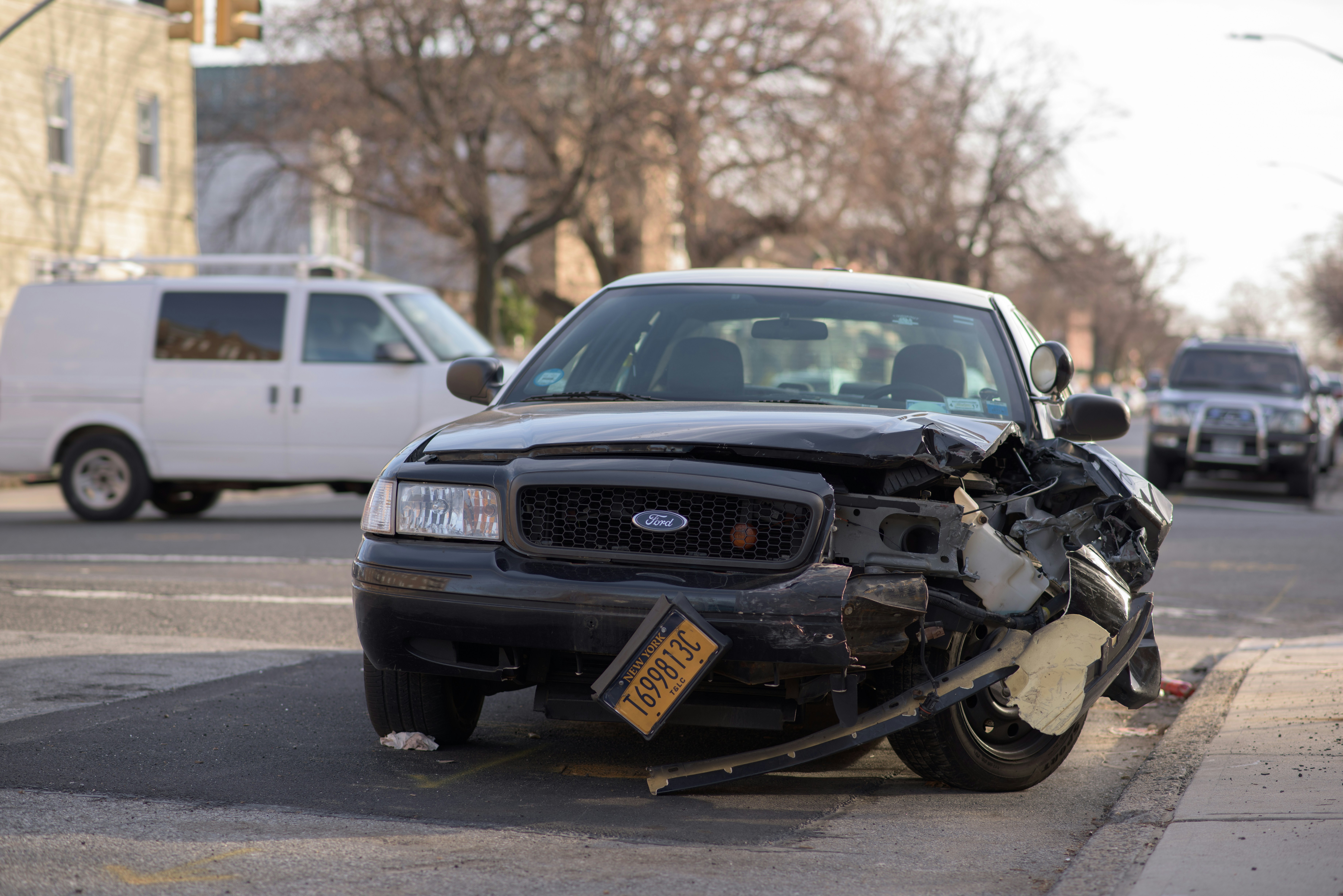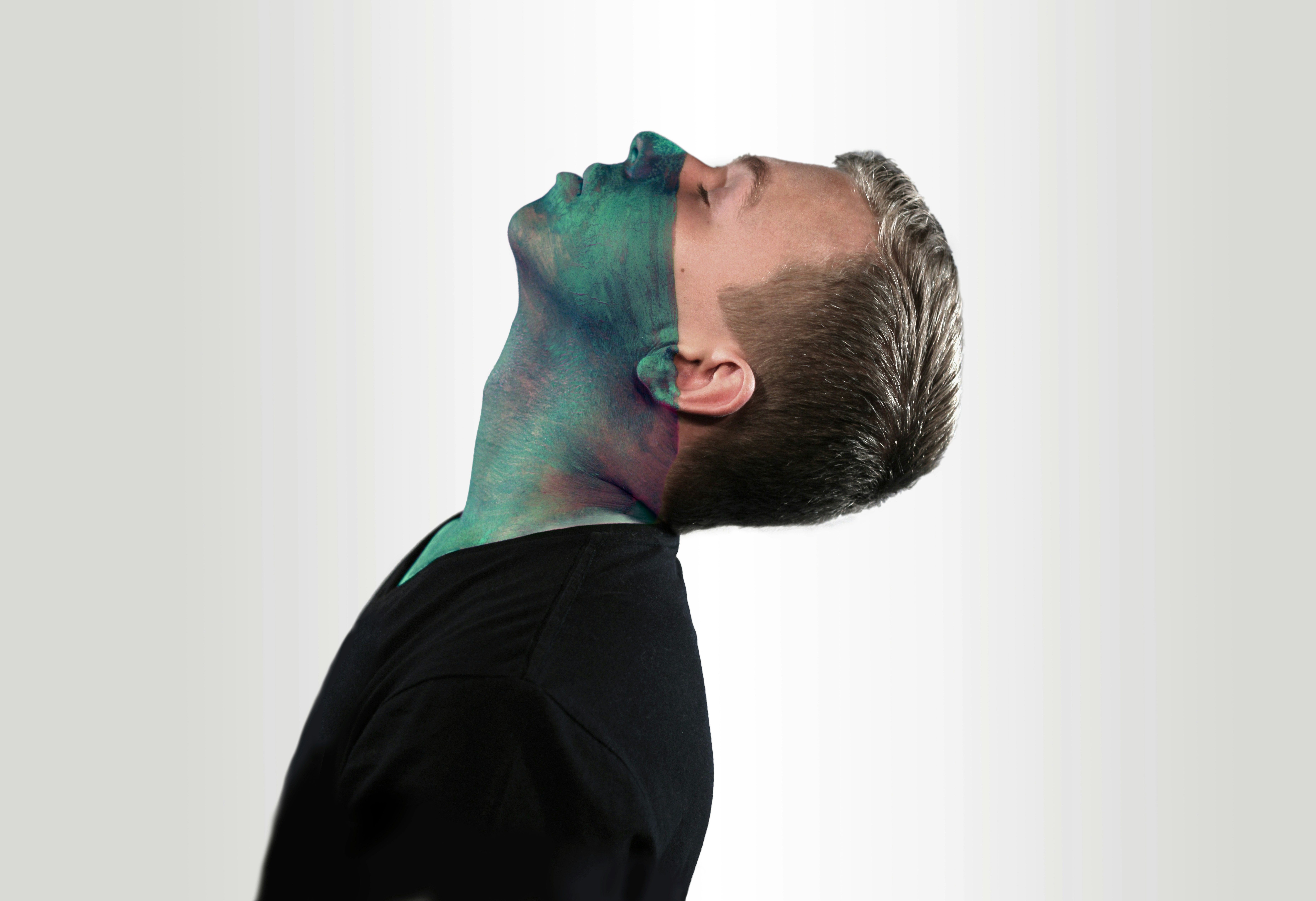Whiplash is also called neck strain. It’s a physical injury that affects the bones, muscles, tendons, and tissue in your neck. Whiplash may heal in a few days or weeks. Other injury victims may require treatment for months. Some people experience long-term chronic pain and other complications. In severe cases, these symptoms can be permanent and debilitating.
Children who have whiplash are eligible for compensation. It is essential that parents of children with this injury get accurate information from medical and legal professionals before settling a claim because there can be a long-term impact from whiplash.
Causes of Whiplash

Neck strain is caused by a sudden strong jerking motion that causes a person’s head to snap back and then snap forward. People can experience this when they are in a car accident. The force of impact may cause a person’s head to jerk back and forth violently. There are several other ways people can get whiplash. People can experience neck strain from sports injuries. Those who play football or who participate in karate or boxing may be at risk. Bicyclists and horseback riders are also prone to these neck injuries. Victims of assault can also get whiplash. Other causes include falls or blows.
Physical Impact of Whiplash Injuries

If you have whiplash you may not realize it immediately. Sometimes neck pain is present immediately. It can also take several hours for you to feel the pain. You may develop headaches. Your neck may be stiff and you may have a limited range of motion. Fatigue is also a common symptom and you may find that your vision is blurred after this type of injury. In serious cases, you may also experience weakness or pain in your shoulders and arms. Other severe symptoms include difficulty sleeping, tinnitus, difficulty concentrating, memory problems and chronic pain. The pain may be in your neck or may be present in your shoulders or head.
Psychological Impact

In order to fully assess your child’s injuries, you should take them to a child psychiatrist who can determine if they are experiencing emotional trauma from their injury. Trauma can have a long-term impact on a child’s mental health. They may become stressed, anxious or depressed. Your child may try to alienate themselves from family and friends or stop eating. They may stop participating in activities they used to enjoy. In extreme cases, trauma can lead to high-risk behavior or suicide. Addressing the psychological impact of trauma can help prevent long-term complications and give your child the tools needed to recover emotionally.
Medical Assessment

Individuals who have whiplash may not be aware of it immediately. Neck pain may be present shortly after injury or it may take 24 hours or more for the injured person to notice symptoms. Pediatricians are qualified to diagnose your child with whiplash and evaluate their condition. They may need to have an X-ray, MRI, CT scan or PET scan in order to provide a comprehensive diagnosis and prognosis. The doctor may prescribe pain medication and physical therapy to treat the condition. In some cases, patients benefit from wearing a neck brace to prevent further injury while recovering. A legal claim may cover your child’s treatment plan.
Pursuing a Claim

Contact Mobile, AL personal injury attorney to see if you are eligible for a free case evaluation. Your attorney will ensure that you know what medical tests should be conducted to support your child’s injury claim. Medical documentation can help to ensure that your child receives the full compensation allowed. Your personal injury attorney will also make certain that you do not accept a premature offer. This is particularly important when pursuing a claim for a child’s whiplash because symptoms are not always immediately present and you must rely on your child to fully communicate their symptoms to you and a medical professional. Taking the time to hire a personal injury lawyer can make sure your child’s rights are fully protected.
Preventing Whiplash

Individuals who have had whiplash before may be more susceptible to this type of injury in the future. Those who engage in high-risk activities, such as boxing or karate, can take precautions to help reduce the risk of a repeat injury. This can be done with neck exercises. Perform exercises that are designed to help strengthen your neck muscles. It is also a good idea to stretch your neck muscles regularly. You can also mitigate the risks of injury by purchasing a vehicle that has a good crash test rating.